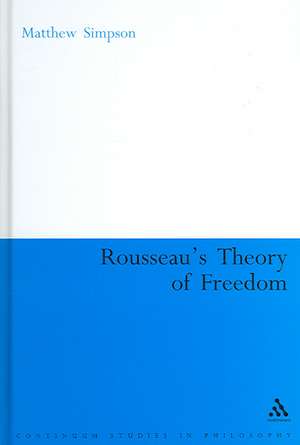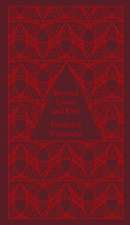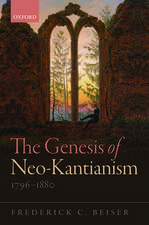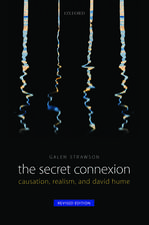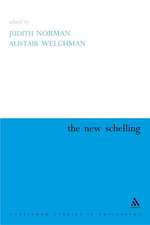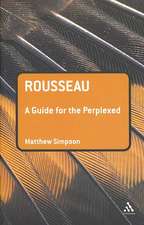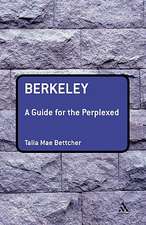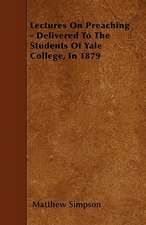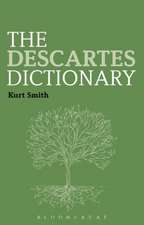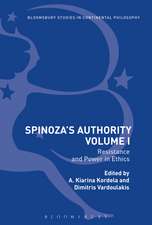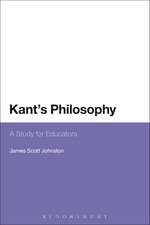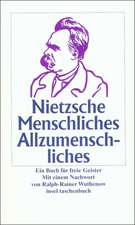Rousseau's Theory of Freedom: Continuum Studies in Philosophy
Autor Dr Matthew Simpsonen Limba Engleză Hardback – 7 mar 2006
Din seria Continuum Studies in Philosophy
-
 Preț: 255.58 lei
Preț: 255.58 lei -
 Preț: 256.59 lei
Preț: 256.59 lei - 22%
 Preț: 256.29 lei
Preț: 256.29 lei - 31%
 Preț: 890.62 lei
Preț: 890.62 lei - 18%
 Preț: 304.66 lei
Preț: 304.66 lei -
 Preț: 254.93 lei
Preț: 254.93 lei - 24%
 Preț: 249.00 lei
Preț: 249.00 lei - 22%
 Preț: 889.49 lei
Preț: 889.49 lei - 31%
 Preț: 890.86 lei
Preț: 890.86 lei - 22%
 Preț: 1064.84 lei
Preț: 1064.84 lei - 31%
 Preț: 947.54 lei
Preț: 947.54 lei - 23%
 Preț: 255.11 lei
Preț: 255.11 lei - 31%
 Preț: 888.74 lei
Preț: 888.74 lei - 31%
 Preț: 890.72 lei
Preț: 890.72 lei - 22%
 Preț: 1005.49 lei
Preț: 1005.49 lei - 22%
 Preț: 946.72 lei
Preț: 946.72 lei -
 Preț: 254.75 lei
Preț: 254.75 lei - 22%
 Preț: 1005.98 lei
Preț: 1005.98 lei -
 Preț: 255.19 lei
Preț: 255.19 lei - 31%
 Preț: 889.15 lei
Preț: 889.15 lei - 31%
 Preț: 1006.06 lei
Preț: 1006.06 lei - 22%
 Preț: 889.23 lei
Preț: 889.23 lei - 22%
 Preț: 947.86 lei
Preț: 947.86 lei - 22%
 Preț: 256.49 lei
Preț: 256.49 lei - 31%
 Preț: 888.58 lei
Preț: 888.58 lei - 14%
 Preț: 1006.24 lei
Preț: 1006.24 lei - 31%
 Preț: 891.51 lei
Preț: 891.51 lei - 22%
 Preț: 1005.89 lei
Preț: 1005.89 lei -
 Preț: 256.38 lei
Preț: 256.38 lei - 31%
 Preț: 1152.60 lei
Preț: 1152.60 lei - 23%
 Preț: 255.38 lei
Preț: 255.38 lei - 22%
 Preț: 1006.72 lei
Preț: 1006.72 lei - 31%
 Preț: 946.72 lei
Preț: 946.72 lei - 22%
 Preț: 257.76 lei
Preț: 257.76 lei - 22%
 Preț: 1005.18 lei
Preț: 1005.18 lei -
 Preț: 256.49 lei
Preț: 256.49 lei -
 Preț: 256.38 lei
Preț: 256.38 lei -
 Preț: 258.42 lei
Preț: 258.42 lei - 19%
 Preț: 464.39 lei
Preț: 464.39 lei - 22%
 Preț: 1005.89 lei
Preț: 1005.89 lei - 22%
 Preț: 1005.56 lei
Preț: 1005.56 lei - 11%
 Preț: 465.66 lei
Preț: 465.66 lei - 22%
 Preț: 1006.62 lei
Preț: 1006.62 lei - 13%
 Preț: 255.66 lei
Preț: 255.66 lei
Preț: 1003.53 lei
Preț vechi: 1449.68 lei
-31% Nou
Puncte Express: 1505
Preț estimativ în valută:
192.03€ • 205.34$ • 160.11£
192.03€ • 205.34$ • 160.11£
Carte tipărită la comandă
Livrare economică 18 aprilie-02 mai
Preluare comenzi: 021 569.72.76
Specificații
ISBN-13: 9780826486400
ISBN-10: 0826486401
Pagini: 144
Dimensiuni: 156 x 234 x 15 mm
Greutate: 0.3 kg
Ediția:New.
Editura: Bloomsbury Publishing
Colecția Continuum
Seria Continuum Studies in Philosophy
Locul publicării:London, United Kingdom
ISBN-10: 0826486401
Pagini: 144
Dimensiuni: 156 x 234 x 15 mm
Greutate: 0.3 kg
Ediția:New.
Editura: Bloomsbury Publishing
Colecția Continuum
Seria Continuum Studies in Philosophy
Locul publicării:London, United Kingdom
Notă biografică
Matthew Simpson is Associate Professor of Philosophy and Head of the Philosophy Department at Luther College, USA. He has been a junior visiting fellow at the Institute for Human Sciences in Vienna, Austria, as well as a recipient of research grants and fellowships from the University Professors Program at Boston University and the National Endowment for the Humanities.
Cuprins
PrefaceIntroductionChapter 1: The State of NatureChapter 2: Political SocietyChapter 3: Civil FreedomChapter 4: Democratic FreedomChapter 5: Moral FreedomConclusionWorks Cited
Recenzii
"In a lucidly written introduction and six chapters, Simpson elegantly disentangles four different kinds of liberty in the thought of Rousseau: natural, civil, democratic, and moral...Simpson's book is a pleasure to read and important for thinking through many pressing political questions...the aims of his book are excellently carried out." -Jane Gordon, Philosophy in Review
Reference & Research Book News, August 2006
'In the immense literature on Rousseau, remarkably little has been devoted directly to the concept of freedom which is arguably the central issue in his political thought. Matthew Simpson is attempting a coherent interpretation of freedom in Rousseau that avoids the anachronistic divide between totalitarian and liberal readings and provides the basis for how to see Rousseau's idea of the contract and, hence, for relating him to central concerns in contemporary political theory.' Knud Haakonssen, Boston University
'Simpson pays unusually close attention to the precision of Rousseau's language and the logic of his argument. I regard his study as one of the two or three best treatments of the Social Contract in any language. In addition to providing a clear and deep account of Rousseau's thought, Simpson considers its relevance to contemporary liberal theory. He does so without distorting either Rousseau's thought or that of the contemporary thinkers he discusses. He succeeds in showing that Rousseau is not merely a precursor, but is also a valuable interlocutor in modern debates.' Christopher Kelly, Boston College
"A fine study, full of ideas ... clearly and straightforwardly written." -Nicholas Dent, Notre Dame Philosophical Reviews
Reference & Research Book News, August 2006
'In the immense literature on Rousseau, remarkably little has been devoted directly to the concept of freedom which is arguably the central issue in his political thought. Matthew Simpson is attempting a coherent interpretation of freedom in Rousseau that avoids the anachronistic divide between totalitarian and liberal readings and provides the basis for how to see Rousseau's idea of the contract and, hence, for relating him to central concerns in contemporary political theory.' Knud Haakonssen, Boston University
'Simpson pays unusually close attention to the precision of Rousseau's language and the logic of his argument. I regard his study as one of the two or three best treatments of the Social Contract in any language. In addition to providing a clear and deep account of Rousseau's thought, Simpson considers its relevance to contemporary liberal theory. He does so without distorting either Rousseau's thought or that of the contemporary thinkers he discusses. He succeeds in showing that Rousseau is not merely a precursor, but is also a valuable interlocutor in modern debates.' Christopher Kelly, Boston College
"A fine study, full of ideas ... clearly and straightforwardly written." -Nicholas Dent, Notre Dame Philosophical Reviews
